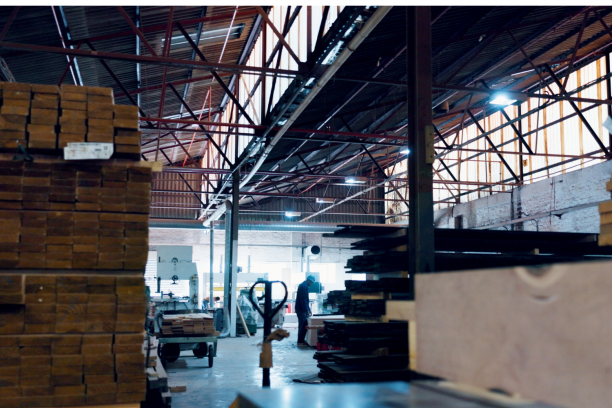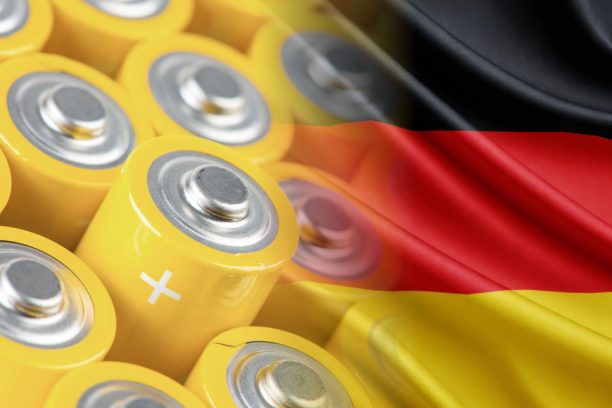Spain Proposes New EPR Rules for Textiles
On June 23, 2025, the Spanish government published a draft Royal Decree introducing Extended Producer Responsibility (EPR) for textile and footwear products. The new rules aim to improve textile waste management nationwide and align with EU-wide sustainability goals.
Once the Decree is finalized, producers will have to form or join a Sistema Colectivo de Responsabilidad Ampliada del Productor (SCRAP), a collective system where multiple producers collaborate to manage the environmental impacts of their products throughout their lifecycle, particularly focusing on waste recovery and recycling.
Estimated Implementation Timeline
- Public consultation closes on September 4, 2025
- The decree will come into force one day after publication in the Official State Gazette
- Producer registration must be completed within three months
- Producer Responsibility Organizations (SCRAPs) must submit their authorization applications within six months
Scope of the Products
The regulation applies to a defined list of textile and footwear products for domestic or similar use, identified by Combined Nomenclature (CN) codes. If your product is a textile or footwear item for household or general consumer use, especially if it is knitted, household linen, or general footwear, it is likely in scope. Items for exclusive professional use, such as leather clothing or specialist equipment, are out of scope.
Examples of products that are in scope with EPR obligations:
- Knitted clothing and accessories (e.g., sweaters, scarves)
- Bed and household textiles
- Footwear
Examples of products that are out of scope from the regulation:
- Clothing and accessories made from leather
- Footwear and headgear for exclusive professional use (e.g., military gear)
- Sports protective gear (e.g., shin guards, fencing masks)
Who Is Obligated Under the New Textiles EPR Law?
The proposed Spanish EPR legislation applies broadly to any manufacturer, importer, distributor, or distance seller placing in-scope textile or footwear products on the Spanish market. This includes domestic and foreign companies, regardless of their sales model or size.
Foreign businesses that sell directly to Spanish consumers, particularly via e-commerce or distance selling, must appoint an authorized representative based in Spain to manage their obligations under the law.
Importantly, there is no minimum threshold for compliance, meaning even small producers are subject to the regulations. However, small and medium-sized enterprises (SMEs) will benefit from simplified reporting and registration procedures to ease their administrative burden.
In addition, online platforms that facilitate sales, such as marketplaces, are not considered producers. However, they must ensure that any producers using their platform are correctly registered and compliant with the new rules before products can be listed for sale in the Spanish market.
Key Producer Responsibilities for Spain Textiles EPR
Producers will be required to:
- Register in the textile and footwear section of Spain’s Registry of Producers within three months of the law’s entry into force
- Finance and organize the collection, sorting, and treatment of waste through a collective compliance scheme (SCRAP)
- Report annually the volume of products placed on the market, using CN codes, by both weight and number of units
Our Recommendation for Producers
With the draft Royal Decree on textile and footwear EPR in Spain moving forward, producers should begin preparing to ensure timely compliance. Key next steps include:
- Assess Product Scope
Review your product portfolio to determine which items fall within the scope of the regulation, based on CN codes. - Confirm Producer Status
Identify whether your business qualifies as an obligated producer, including whether you sell directly to consumers in Spain via online channels. - Prepare for Registration
Be ready to register in the national Register of Producers within three months of the legislation’s entry into force. - Evaluate Data Readiness
Ensure you can track, and report products placed on the market by weight, number of units, and CN codes. - Explore EPR Scheme Options
Begin assessing suitable collective schemes (SCRAPs) for meeting collection and reporting obligations.
As experts in environmental compliance, data management, and producer responsibility, RLG supports businesses through its specialized Textiles Impact Assessment. This service helps you identify in-scope products, clarify your obligations, and prepare effectively for compliance under the new Spanish requirements.
Final Thoughts
Adapting to new regulations can feel overwhelming, especially with the broad scope and detailed requirements of Spain’s proposed EPR for textiles and footwear. However, early preparation can make the process smoother and help you avoid compliance risks.
No matter your business size or sales model, taking the time now to understand your obligations and get organized will pay off in the long run. RLG is here to guide you with expert advice and our tailored Textiles Impact Assessment.
If you have any questions or need support navigating these changes, please don’t hesitate to contact us. We’re ready to help you meet these new challenges with confidence.









